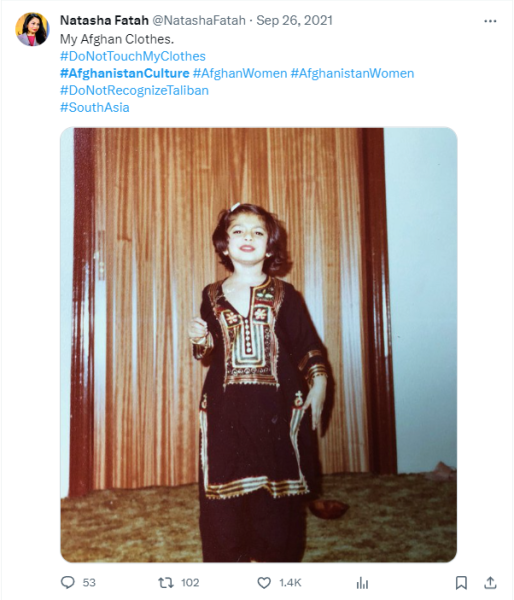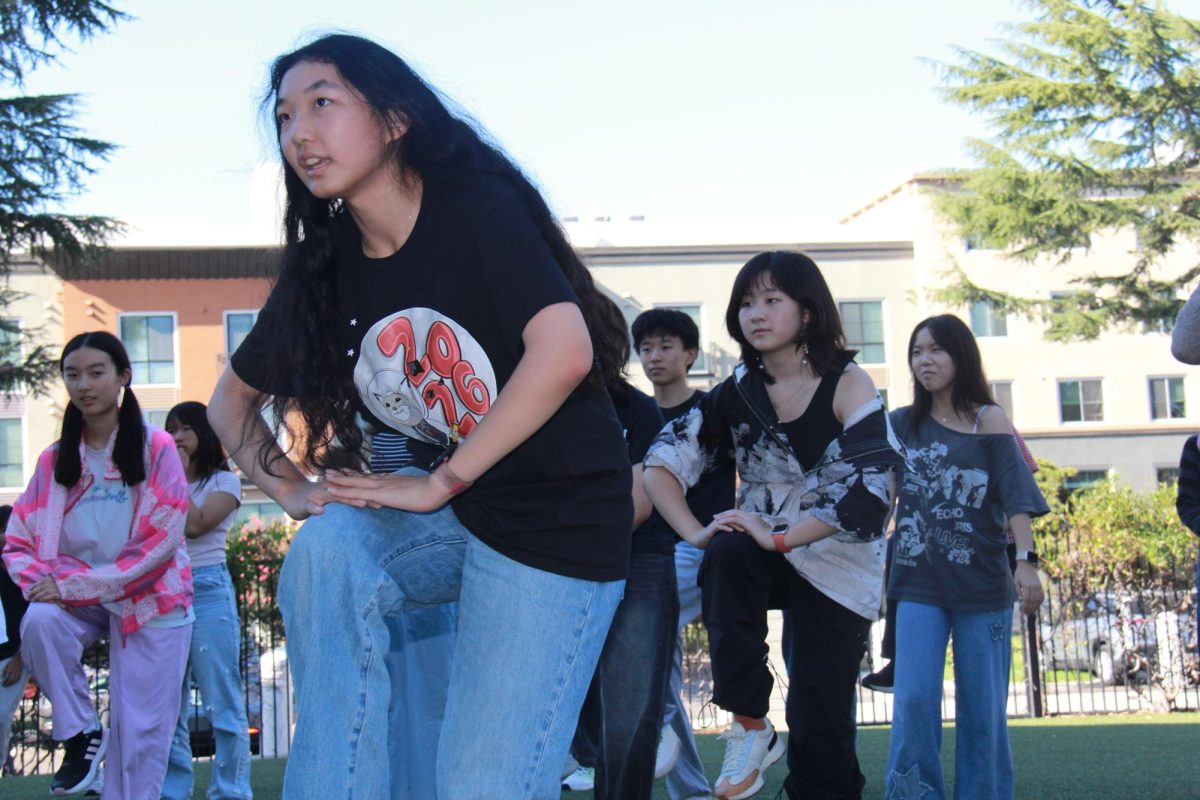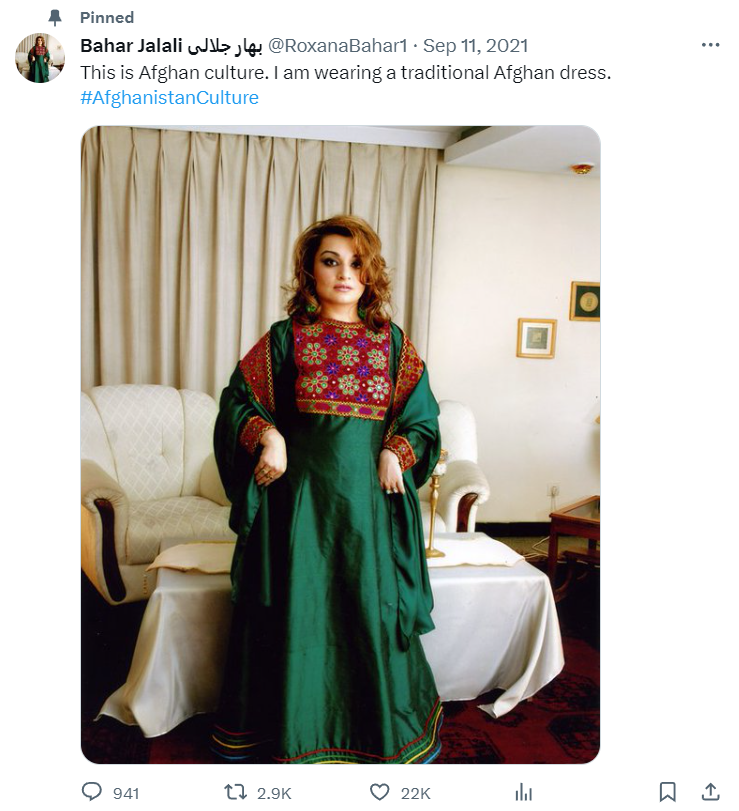Previously published Jan 16. 2022
Recently, the world witnessed Afghanistan fall to the Taliban again. While Kabul has been pushed under a harsh, conservative rule similar to the takeover in 1997, this time another factor is in play. Women throughout Afghanistan have begun to launch protests, spreading throughout the country and the world. One of these protests, #DoNotTouchMyClothes has taken place here in the US, sparked by Dr. Bahar Jalali.
Dr. Jalali grew up in Afghanistan and later moved to the US where she started working as an associate professor at American University. She has continued to maintain ties with Afghanistan throughout her career. She took on American University’s programs in Afghanistan, where she founded the first gender studies class in the country in 2015. She escaped again after the University faced a terrorist attack and her history with the violence she saw firsthand inspired her to launch her Twitter campaign. She explained how one of the largest issues she sees with the Taliban is their social media fluency. With their false promises to protect women’s rights, the “Taliban has become incredibly media savvy,” says Dr. Jalali.

Her Twitter campaign has touched and influenced thousands of women throughout the Middle East, inspiring them to share their cultural clothes and move beyond the stereotypes that the Taliban has set out for Afghan women. Recently, Natasha Fatah, a Canadian journalist and host for CBC News, joined in on the campaign and hashtag, posting a photo of herself with a photo of her younger self in traditional Afghan clothing.
The purpose of the movement is to display the colorful and vibrant culture of Afghan women, a factor that the Taliban has dehumanized with the forceful implementation of black burqas. However, as more women contribute to Dr. Jalali’s campaign, the Twitter movement shows promise and has already begun inspiring women in various cultures throughout the world.
This issue is not only present in the Middle East. With Hungary eliminating gender studies and Turkey withdrawing from the Istanbul Convention — meant to protect women– women’s rights are drastically on the decline. “We need more women to be active and speak up about their stories,” Dr. Jalali urges. She hopes her campaign will not only prompt more women to fight back but also incite the global outrage that is needed to combat the Taliban. With the Taliban inflicting more restrictive policies on women, Afghanistan has been sent into further chaos, which Dr. Jalali predicts will likely result in humanitarian crises and economic displacement.
“This is a global war on women.” Women’s rights are being targeted by conservative governments globally. As this practice continues to grow, global outrage grows with it. In response to the Taliban’s restrictive policies, women in Herat have begun peaceful protests. Taking on the brave role of fighting for women’s rights, Dr. Jalali and women throughout the world have been at the forefront, hoping to achieve a better future for all women.
















![Teacher [Milk] Tea: Part 2](https://bisvquill.com/wp-content/uploads/2024/03/Screen-Shot-2024-03-19-at-9.28.48-PM.png)

































